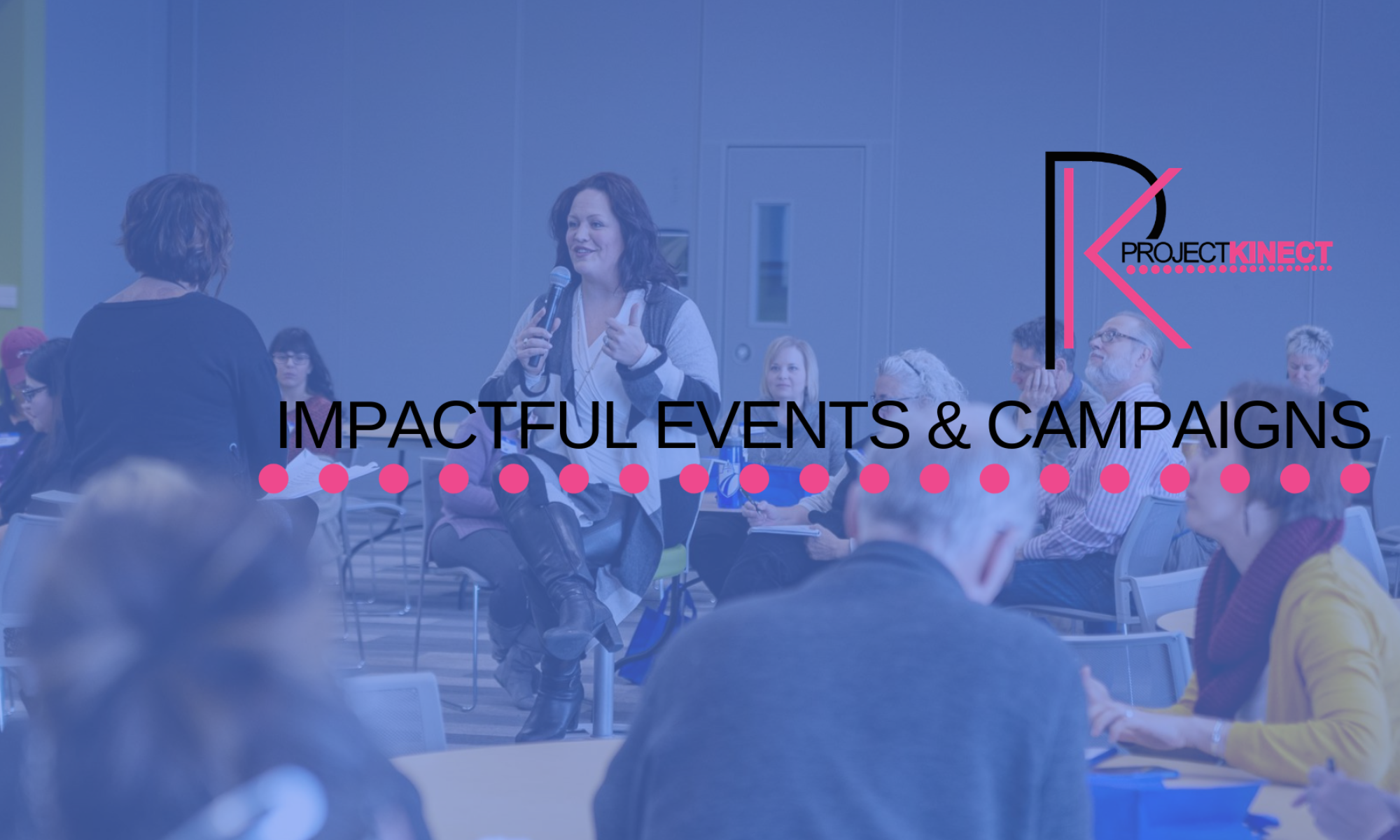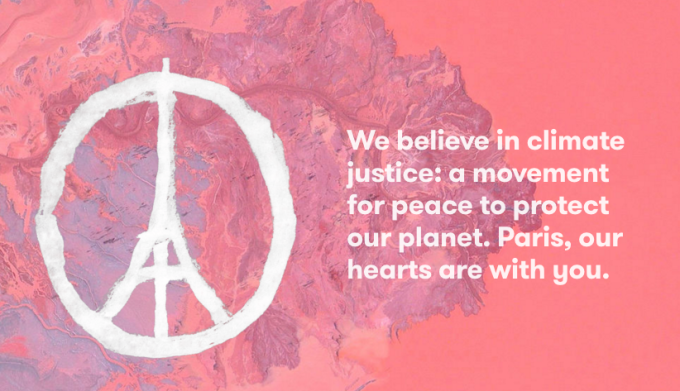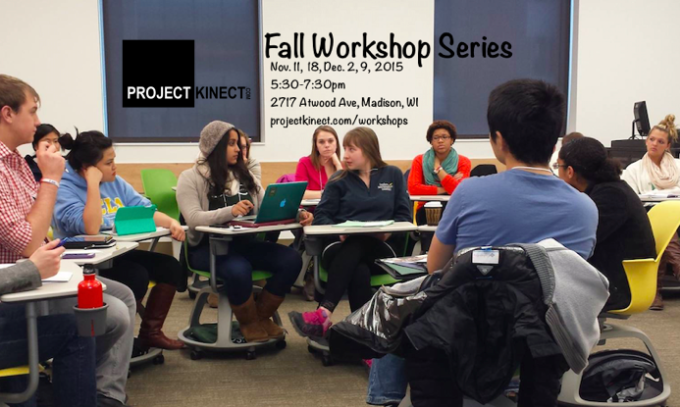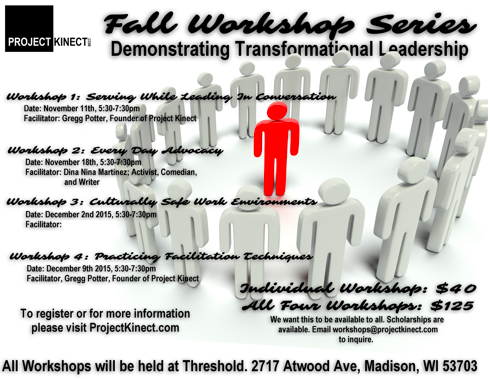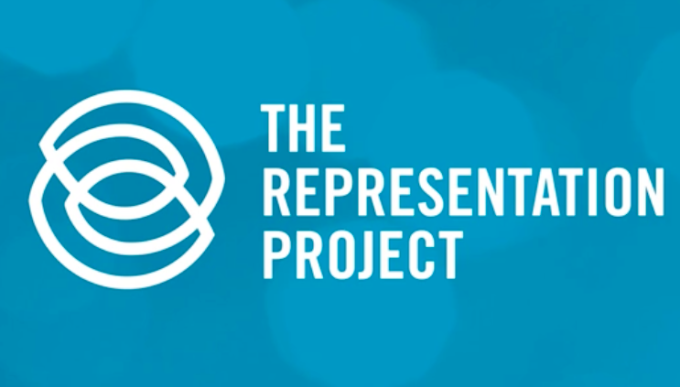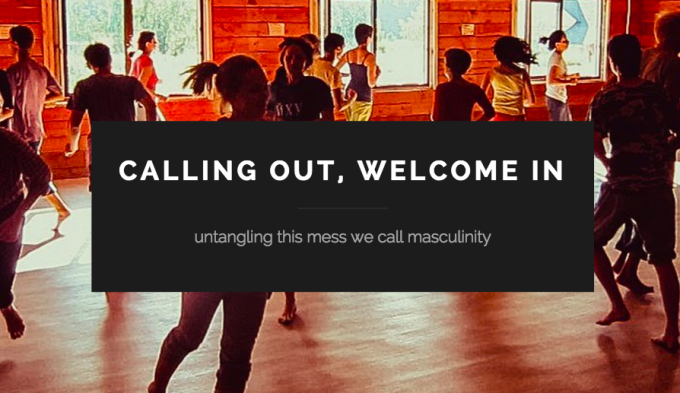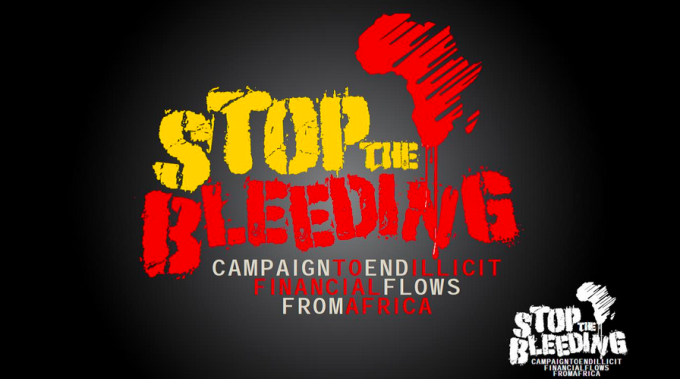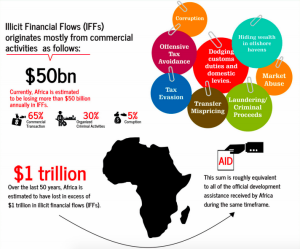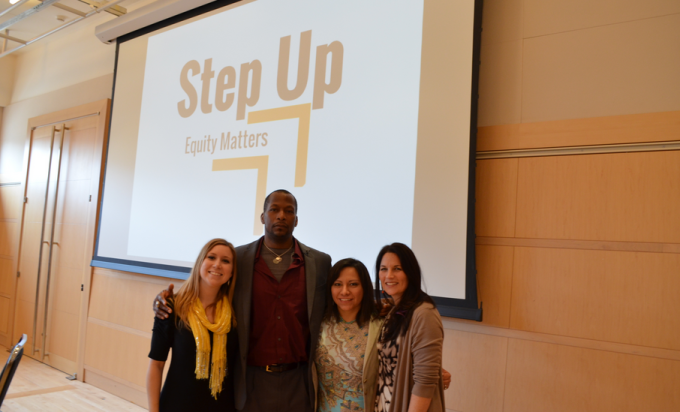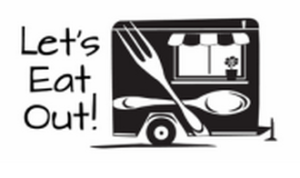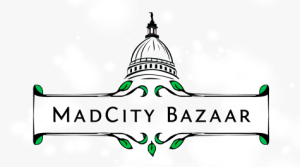Step Up: Equity Matters in the Workplace
By Sara Alvarado, Co-Creator
The path to creating a sustainable society that works for ALL people begins inside each of our own hearts and minds as we seek to understand our own biases and stereotypes.
Step Up: Equity Matters in the Workplace is a newly created organization that provides a community and has become a movement for people to learn and focus specifically on creating equity in the workplace. The Step Up team offers workshops and a book club with the promise of diving deep and being real. That means we agree to be vulnerable and keep our minds and our hearts open.
The creation of Step Up came out of a group of people that wanted what didn’t exist. They wanted the environment to grow and learn about what needs to change in the business community. Using Dane Buy Local as a base for reaching out and Sustain Dane as a catalyst for bringing it all together, Sara Alvarado, Amy Kesling, Tania Ibarra and Haywood Simmons joined together on a path that has expanded beyond their imagination. The reach is far and wide and the meaningful connections and impact are a direct result of people showing up with the willingness to change.
The goal is to increase diversity in our workplace, the board room, the executive and leadership teams and find solutions to create an inclusive, welcoming and thriving work environment for all. It isn’t just teaching people about cultural competency and inclusivity, it is about creating a company culture that embraces diversity in all aspects of its operations.
The Step Up community in Madison, WI, is a movement for change and when you join the community you will get invitations to the various workshops offered along with a book club invitation and updates from other members that showcase success stories, learning moments and resources. If you are looking for the real deal, read this pledge and hopefully you will feel the tug to be a part of the change.
Diving into the process you will learn to create and engage in conversations about inequities in the workplace and our communities. You will learn how to listen with your hear, use empathy and focus on the importance of finding common ground while challenging each other to identify biases within ourselves and each other in a loving, non-judgmental manner.
This is an ongoing practice of communication and engagement. It is crucial that we become conscious, confident, and humble to create lasting changes.
This is the STEP UP community!
There is no one easy solution to the massive racial disparities in our community. If there was, we’d have figured it out by now and we wouldn’t be here. But we are here, still, and we are not okay with that. Change doesn’t happen overnight, as we can see. Change isn’t happening fast enough. But change IS happening and you can be part of that change. You can make a difference. Join the Step Up movement to experience the change.
***The next Step Up event is Friday, September 19th, 2015, 8:30am-10:30am at the Urban League of Greater Madison (2222 South Park St). Here is more information on that event and the link to their Facebook page.
Find out more about Step Up at www.stepupforequity.com.
